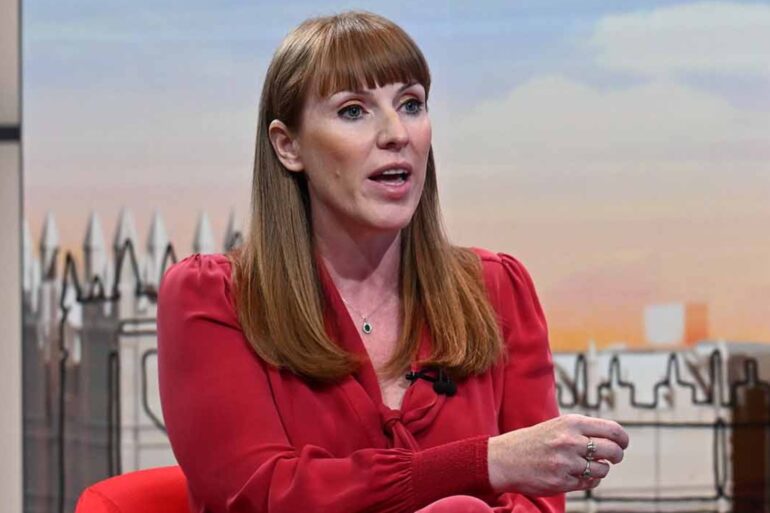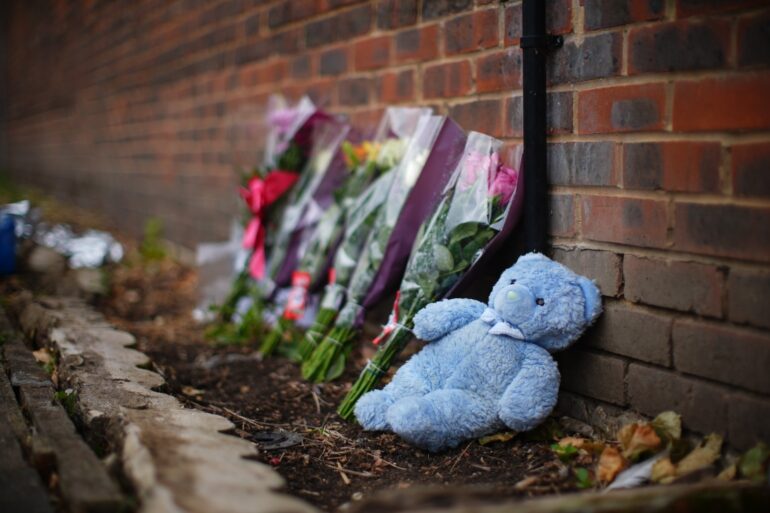-
 play_arrow
play_arrow
Kl 1 Radio Local radio for west Norfolk
-
 play_arrow
play_arrow
KL DISCO KL Disco Playing Disco Music from the 70's onwards.24/7
-
 play_arrow
play_arrow
KL COUNTRY KL COUNTRY Playing New and Classic Country Music 24/7
-
 play_arrow
play_arrow
KL ROX KL ROX The best of New and Classic Rock.24/7
-
 play_arrow
play_arrow
KL SUMMER Summer Vibes 24/7 from KL1 Radio across West Norfolk
-
 play_arrow
play_arrow
KL CLASSICAL Your Symphony Starts Here
-
 play_arrow
play_arrow
KL CHILL Just Chill!
-
 play_arrow
play_arrow
KL POP The Best POP Hits all day Long!
-
 play_arrow
play_arrow
KL XTRA KL XTRA
music_note
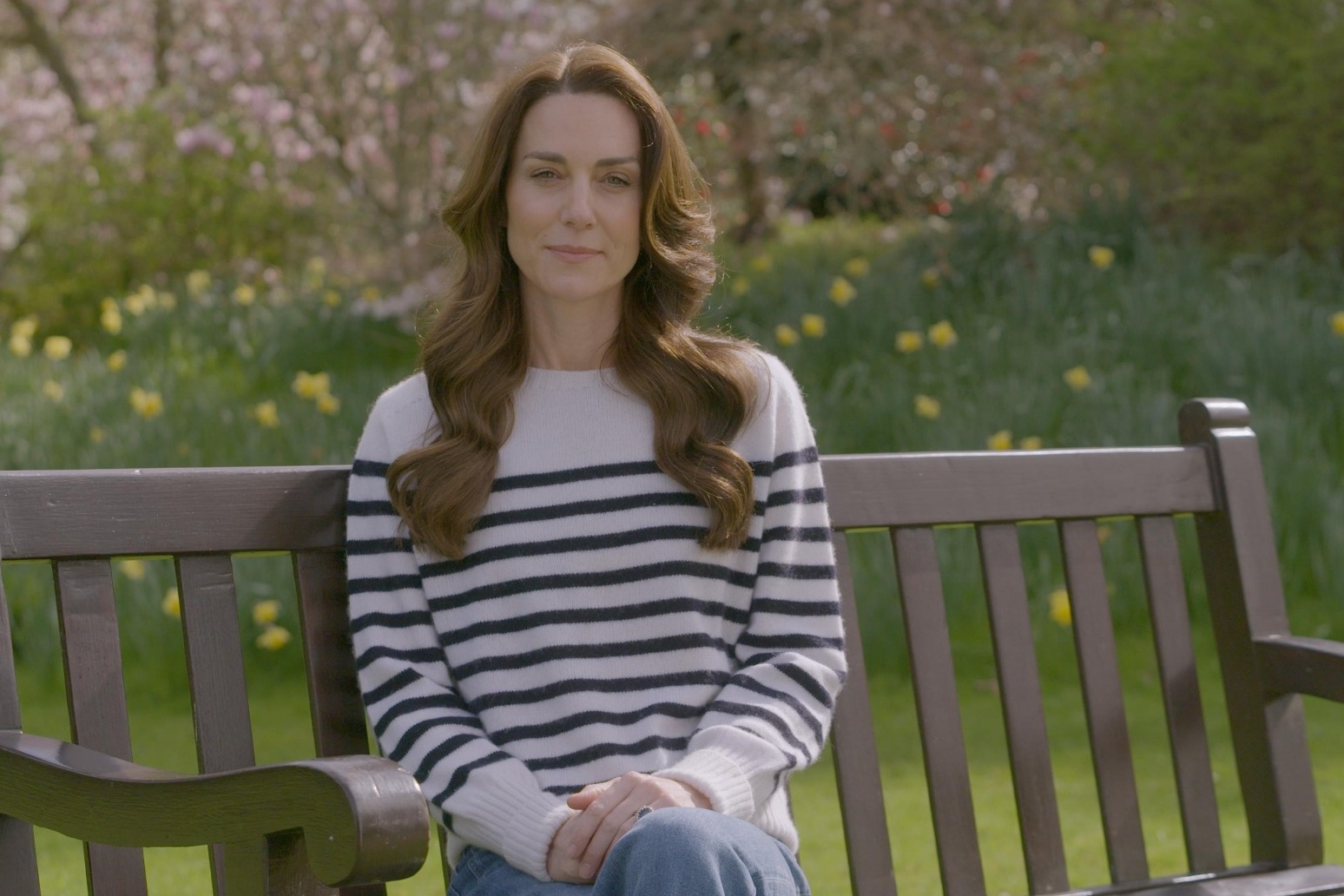
Charity says Princess of Wales revelation could have ‘real positive effects’
High-profile diagnoses of cancer such as the Princess of Wales’s lead to a “significant increase” in public awareness, Cancer Research UK has said.
The charity’s executive director of policy Dr Ian Walker said there was an “uplift” in traffic to its website after announcements from royal figures such as the King and Kate.
He added that high-profile diagnoses such as Kate’s on Friday evening could have “real positive effects”.
Dr Walker told the PA news agency: “We see significant increase in uplift in terms of the number of people that visit our website for health information after these types of announcements.
“High-profile cancer cases, like the King and the Princess yesterday, can act as a prompt to encourage people to find out more.
“I think for anyone – being open and talking about cancer diagnosis can have a positive effect. It encourages people to find out more and to think about their own health.”
He added: “On behalf of everyone at CRUK, we wish her Royal Highness a full swift recovery and return to good health.
“During difficult times, it’s really important that the Princess and her family are given time and space to focus on treatment and recovery.”
Dr Walker said awareness was vital as early detection of cancer was “really important”.
“For many cancers, by finding them early on in their progression, you will have better treatment options, and ultimately it can have a significant impact on the overall outcome in your survival of your cancer diagnosis.”
Dr Walker said dealing with a cancer diagnosis was a “personal journey”, adding there were support groups available for those affected.
He said: “I think it’s really important for people to take their time and think about how they want to talk with their family and their friends about their cancer diagnosis.”
Cancer Research UK’s executive director of policy said doctors will “quite often” prescribe chemotherapy after surgery, adding that these cycles of chemotherapy “typically” last three to six months, but this timeframe can vary.
Therapies known as adjuvant chemotherapy try to reduce the risk of cancer coming back by killing any remaining cancer cells that might not have been removed by the surgery or broke away from the tumour before the operation.
Dr Walker said the incidence of cancer was “rising” and that the charity expects around half a million cancer cases per year by 2040 across the UK as the population ages.
However, he added that there had been a doubling of cancer survival in the UK over the last 50 years and some “fantastic innovations” in recent times.
Dr Walker said a lot of this had been driven by “progress through research” and the emergence of novel technologies, new therapies and drugs.
He added: “We’ve also seen huge progress in terms of how we deliver radiotherapy – we can now provide much more targeted radiotherapy that focuses very much on the cancer and protects and preserves the surrounding tissue much better than we could historically.
“Also, with surgery we’ve seen innovations like a tool called the iKnife, which essentially can tell the difference between cancerous tissue and healthy tissue.”
Dr Walker said progress had also been made in combination therapies, which allow drugs to be “used together more effectively”.
Published: by Radio NewsHub

Similar posts
Upcoming shows

John Atkins – Sunday 60’s and 70’s
3:00 pm - 6:00 pm

Frank Hopping – Real Music Society
6:00 pm - 8:00 pm

Mike Bentley – The Theatre Show
8:00 pm - 10:00 pm

Jonathan Charles – Vinyl Countdown
10:00 pm - 11:00 pm

Night Trax
12:00 am - 7:00 am
-

Angela Rayner says she never wants to be Prime Minister or Labour leader

Floral tributes left at scene of house fire where mother and three children died
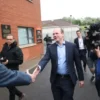
DUP minister vows commitment to all sports as he attends first senior GAA game

Pep Guardiola wants Manchester City to be better after disappointing season
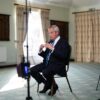
Farage backs scrapping child benefit cap and restoring winter fuel payments
Message Us
Copyright The Mediasite UK - 2025

